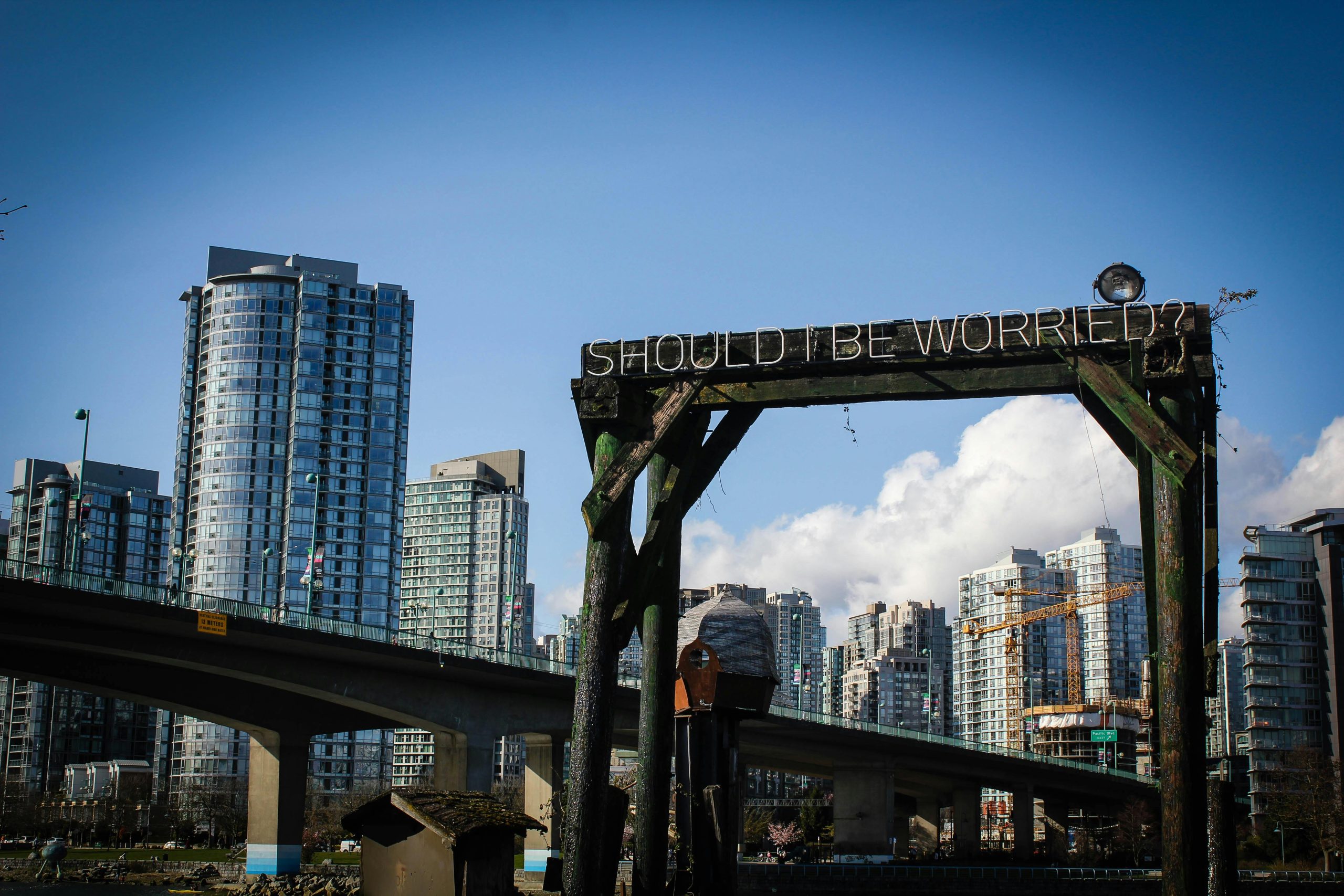The outcome of this provincial election proved that voting isn’t enough anymore

Photo by Jay Phan via Pexels.
My friends and I held a virtual watch party of the B.C. election’s initial count on Oct. 19. We discussed our own political views, and sat together in community for every announced decision — and what they entailed for our future as residents of British Columbia.
This election produced a historic result, with the Conservative Party and the New Democratic Party (NDP) being neck-in-neck in many ridings. B.C. is commonly believed to be a more politically left-leaning province, but this election marked a change in that narrative.
The NDP and Conservatives hold 47 and 44 seats respectively — with 47 being the minimum for a parliamentary majority — and the parties’ vote share differs by only 1.6 per cent, even as the NDP holds almost 34 thousand more total votes than the Conservative Party.
The recent rise of conservatism not only in B.C., but all through the global North is concerning. As an immigrant woman of colour, someone who would be deeply affected by a change in policies, I can’t help but wonder, “Are we doomed?” And, most importantly, “Why is this shift occurring, and how do we stop it?”
Although voting might seem like the natural answer — to put representatives who advocate for our rights and values in power — voting simply might not be enough anymore.
With the provincial voter turnout steadily declining over the last two decades, it is clear that voting is no longer a priority for many British Columbians. In 2001, the year when I was born, B.C.’s voter turnout was 70.95. The preliminary voter turnout for this year’s election is 57 per cent, while the lowest voter turnout in recent B.C. history occurred in the 2020 election, with only 53.86 per cent.
A study by Elections B.C. in 2009 revealed that people who are most likely to vote are older citizens, people with university education, and people with higher median incomes. In contrast, people who are less likely to vote tend to be recent immigrants, those with higher unemployment rates, or those with children at home.
“[M]any of these socio-demographic characteristics have moved in the direction that would suggest higher voter turnout,” explains the government of B.C.’s 2010 report “Who heads to the polls?”
So, we can conclude that socio-economic factors play a role in voter turnout, but they don’t definitively explain the overall decline.
Either people are growing richer and more apathetic, or there hasn’t been enough social movement to justify the socio-demographics of B.C. rising towards a higher voter turnout.
Although the province has systems in place to allow its citizens to vote, such as advance voting or a paid day from work to this end, the reality is that people don’t perceive the benefits of voting anymore compared to its perceived costs. According to Statistics Canada, 43 per cent of B.C. residents did not vote in the last federal election due to health and everyday reasons such as the weather, time, effort, and cost. We have fallen into cynicism and apathy.
As long as a great part of the population remains in this limbo of inaction, no meaningful change will be possible in our oppressive systemic societies, which is exactly what capitalism wants for people to do: nothing.
I recognize that the everyday battles against this system are different depending on your positionality. I understand the intersectional lens needed to address the change in people’s perspectives on the world. But if you have the time to sit and read the newspaper instead of heading to your second job, I urge you to leave apathy behind. As late-stage capitalism looms over all of us, we need to think about what causes matter most to us, and how we can advocate for them. If we stay in the mentality that it is all over, then it truly is.
Standing up for your beliefs goes beyond just showing up to vote; it means understanding the policies at stake, advocating for candidates who align with your values, and then holding them accountable to their promises. It means having conversations with friends and family, educating ourselves on key issues, and addressing the misinformation that often clouds public discourse.
With many men in my generation leaning more conservative, I can’t help but think of the potential setbacks this might occasion in both our government and the world at large. Issues such as women’s rights, bodily autonomy, climate change, and immigration are important to me — as such, I must advocate for them, and the future I want to live in.
When we refuse to engage with or discuss politics, the possibility of regressive policies that ignore the urgent needs of our communities looms larger. For those concerned about this election’s close call, consider what you can do outside of voting. Volunteer with local advocacy groups, attend community meetings, educate yourself, and be open to dialogue, or simply have these critical conversations at home or with friends. These actions may seem small, but collectively they form a movement of informed, engaged citizens ready to make a difference.
We owe it to ourselves, our communities, and future generations to engage actively in shaping the future of British Columbia. This isn’t just about the 2024 provincial election, it’s about preserving a province that understands the needs of its citizens and uses an intersectional mindset to address different issues. As this election has shown, every vote matters — but what we do beyond the ballot box matters just as much.







